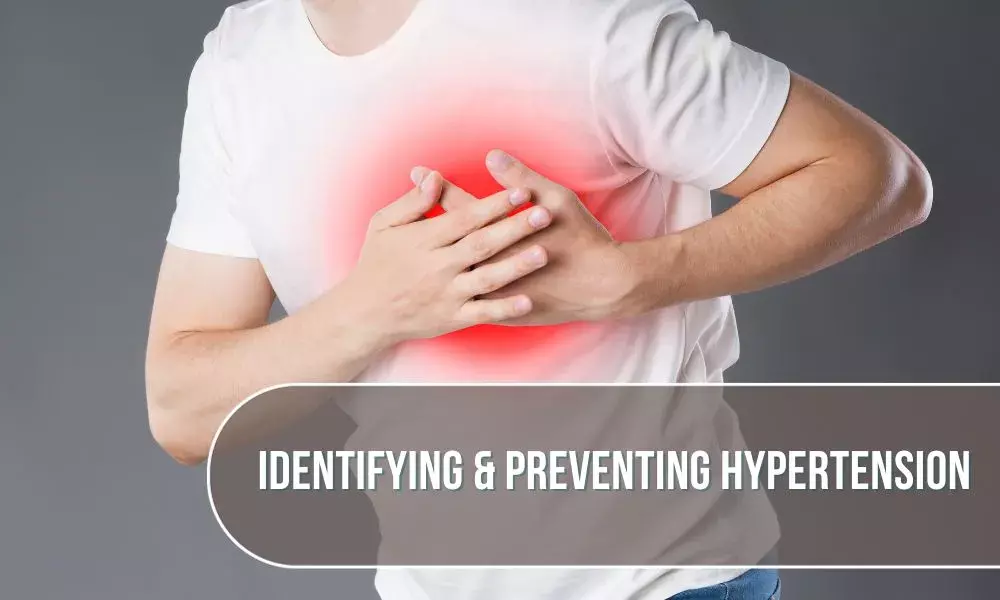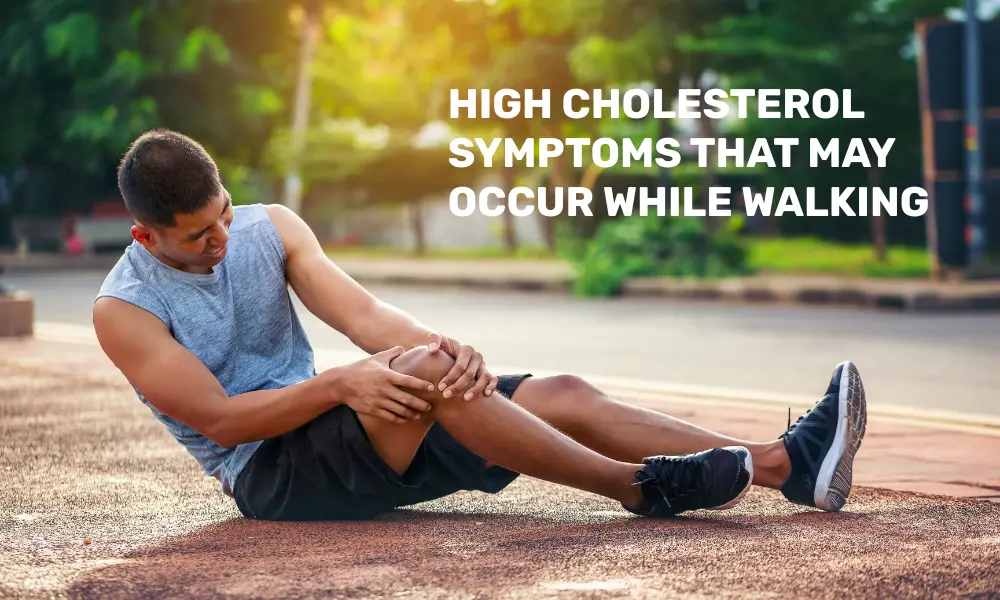Hypertension, or high blood pressure, affects millions of lives worldwide. It can be challenging to manage this condition as many times; people do not realize they are suffering from it.
Hypertension is, therefore, commonly known as the silent killer. High blood pressure can harm our overall health, especially our kidneys.
Kidneys are natural filters that perform various essential functions to keep us healthy. However, if our blood pressure is too high, it can damage our kidneys.
Symptoms of hypertension
Here are a few symptoms that can help identify hypertension, and in case an individual experiences these symptoms, it is best to consult a doctor as soon as possible.
-
Headaches: Frequent and severe headaches can be a symptom of hypertension, but they are not specific to hypertension only and can be caused by various other factors.
-
Nosebleeds: Occasional nosebleeds can be associated with high blood pressure.
-
Dizziness or light-headedness: Feeling dizzy or lightheaded, especially when standing up, may indicate high blood pressure.
-
Drowsiness and sleep problems: Chronic kidney disease and hypertension may increase the probability of sleep apnea and other sleep disorders.
-
Blurred or double vision: Vision problems can occur in severe cases of hypertension, which may indicate damage to the blood vessels in the eyes.
Since, there are no apparent symptoms initially, the treatment may get delayed and lead to development of heart disease and kidney problems.
Malignant hypertension is a dangerous form of very high blood pressure. Symptoms may include:
● Severe headache
● Nausea and vomiting
● Confusion
● Vision changes
● Nosebleeds
People often do not seek medical care until they have symptoms arising from the organ damage caused by chronic (ongoing, long-term) high blood pressure. These types of organ damage are commonly seen in chronic high blood pressure.
1. Heart attack or Heart failure
2. Stroke or transient ischemic attack (TIA, mini-stroke) caused by narrowed blood vessels or because of an aneurysm
3. Kidney failure
4. Eye damage with progressive vision loss
5. Peripheral arterial disease causing leg pain with walking (claudication)
6. Out pouching of the aorta, called aneurysms
Prevention of hypertension
Hypertension is a medical condition that impacts the overall well-being of individuals and may cause chronic heart and kidney disease. One must, therefore, ensure proper blood pressure management, a healthy lifestyle, and regular medical check-ups, as this can help prevent kidney problems and promote overall well-being.
-
Healthy Diet: Adopt a diet high in lean protein, fruits, vegetables, whole grains and low in sodium or salt. Reducing salt intake is necessary to lower blood pressure.
-
Regular Exercise: One must engage in regular physical activity of at least 150 minutes of moderate-intensity exercise per week. This helps in maintaining a healthy weight and improves cardiovascular health.
-
One Limit Alcohol: must avoid alcohol altogether. But in the case of occasionally drinking, it must be done in moderation. Excessive alcohol intake can cause high blood pressure.
-
Quit smoking: Smoking damages blood vessels adversely and causes high blood pressure. Quitting smoking can significantly benefit an individual’s overall health.
-
Manage Stress: One must practice stress-reduction techniques like meditation, deep breathing, or yoga to help lower stress levels, which can affect blood pressure.
-
Monitor Blood Pressure: Regularly checking blood pressure at home or through a healthcare provider can help in the early detection of hypertension and help in effective management.
-
Medication: One must take blood pressure medications as directed and follow up with regular appointments to monitor blood pressure.
Since poor management of hypertension can impact an individual’s health in multiple ways, it is essential to monitor and be aware of the warning signs. The earlier it is identified and treated, the fewer complications it causes. That is why stay alert and act fast.





